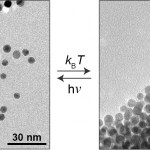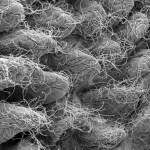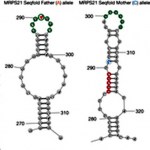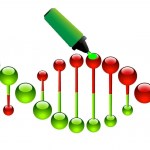Eran Segal
One day in the future, we may be treating our ailments with microbiotic combinations designed specifically to correct imbalances in our personal microbiomes. We’ll bring our prescriptions on rewritable paper and pay using shimmery optical chips embedded in our cell phone cases or maybe our jewelry. Or we’ll be waiting in our doctor’s office for a simple test of our microbiogenome to see if a light-based nanoparticle delivery treatment is working, while watching iridescent optical displays that change as we move...
These future scenarios (and many more) are all imaginary, but…
Could artificial sweeteners be helping cause the very thing they are supposed to prevent? They may well do so, and you can probably blame your microbiota – those masses of mostly-friendly bacteria that live in your gut. According to a paper by Weizmann Institute scientists that appeared today in Nature, artificial sweeteners not only encourage the wrong kind of bacteria to expand their numbers, they also induce mix-ups in the cross-communication between these bacteria and your body. Those mix-ups can lead to glucose intolerance – the first step toward metabolic syndrome and diabetes. So,…
At the level of biomolecules, life boils down to two basic principles: sequence and folding. We know, for example, that the sequence of nucleotides in the DNA contains our genetic blueprint, but the way that our DNA is folded and wrapped up in each chromosome helps determine which genes are easily accessible for copying. Proteins – sequences of amino acids – fold into intricate shapes before assuming their duties. So it is no surprise that the third main molecular sequence in the cell – the RNA, made up of single strands of nucleotides – folds as well. Nucleotides are built to pair up – DNA…
Would you learn a language by taking a written text and changing letters here and there, or moving a few words around, and asking whether the meaning has changed? That may not be the most efficient way to learn French, but a Weizmann Institute scientist is betting that it will be a very useful way to improve our grasp of what is written in our DNA. Prof. Eran Segal, a computer scientist cum biologist, and his team developed a quick method for rewriting DNA that enables thousands of changes to be created at once, each in its own little, living cell, and measuring the effects of each such…



